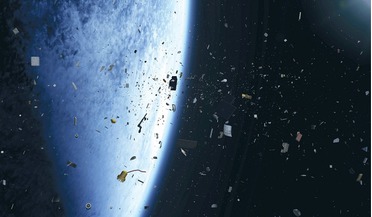 March 2016
Space debris conundrum for international law makers
March 2016
Space debris conundrum for international law makers
...debris may be partially sought in the introduction of some kind of legal criterion of non-functionality into space law to differentiate between valuable space objects and simple debris. The proverbial fly in the ointment is who can - or must - decide...
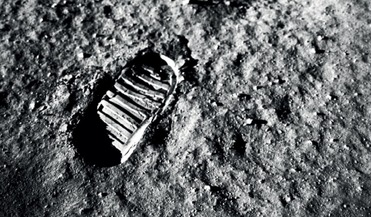 November 2017
Preserving Apollo’s lunar legacy
November 2017
Preserving Apollo’s lunar legacy
... practice for more than 20 years. Focused on the relationship between law and emerging and evolving technologies, she is currently pursuing an LLM in Air and Space Law at McGill University. Roy Balleste is a member of the Advisory Council of For...
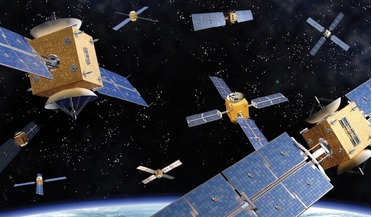 August 2018
Flouting the rules on satellite registrations
August 2018
Flouting the rules on satellite registrations
... Parties and with concurrence of the majority. About the author Upasana Dasgupta is a PhD candidate in law at the Faculty of Law and the Institute of Air and Space Law, McGill University. Her doctoral thesis deals with preventing collisions in outer...
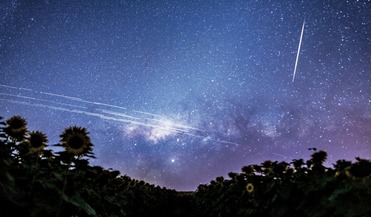 August 2020
Battle for the night sky - from telescopes to ad-breaks
August 2020
Battle for the night sky - from telescopes to ad-breaks
... should not be afforded the same protection as the provision of global internet services. Yet the extant space law position is clear: if the mission is for peaceful purposes and authorised by a national regulatory, then it is permitted. It is likely...
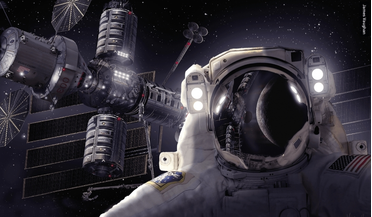 July 2021
A shared vision for space exploration
July 2021
A shared vision for space exploration
...they boiled down to this: some of the trickiest problems in space law and policy are at the same time speculative and of global ...Mars. Getting started Some of the trickiest problems in space law and policy are at the same time speculative and...
 November 2021
Space in support of sustainable development
November 2021
Space in support of sustainable development
...framework that their influence will extend to the use of space by States. By way of background, the Outer Space Treaty 1967 (OST) constitutes the central instrument of the international space law framework. The central aim of Article I, regarding the...